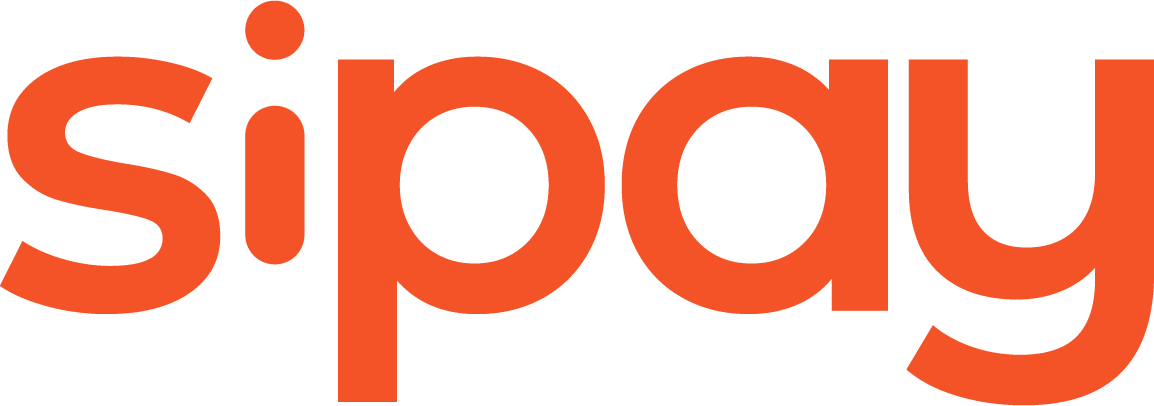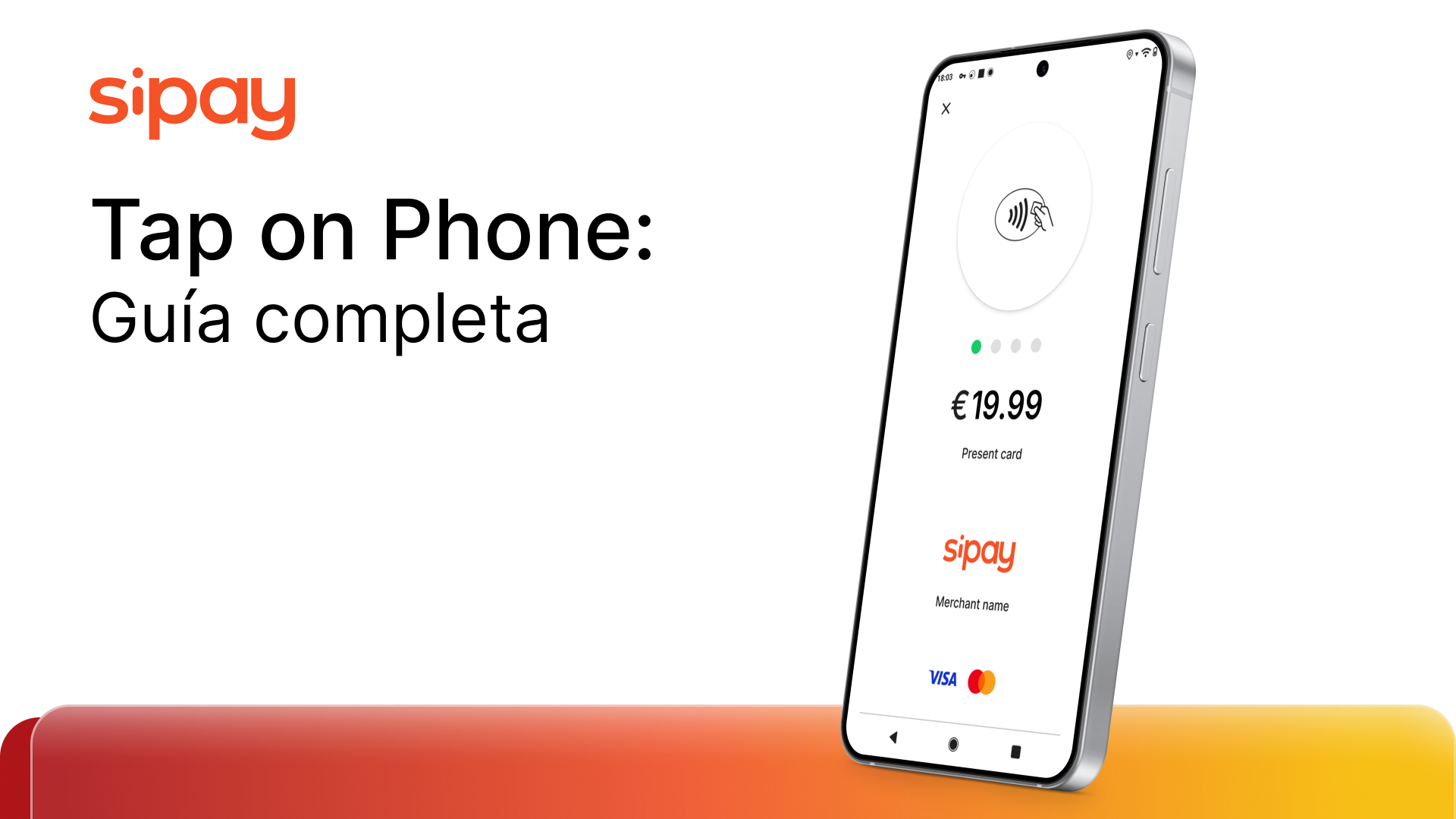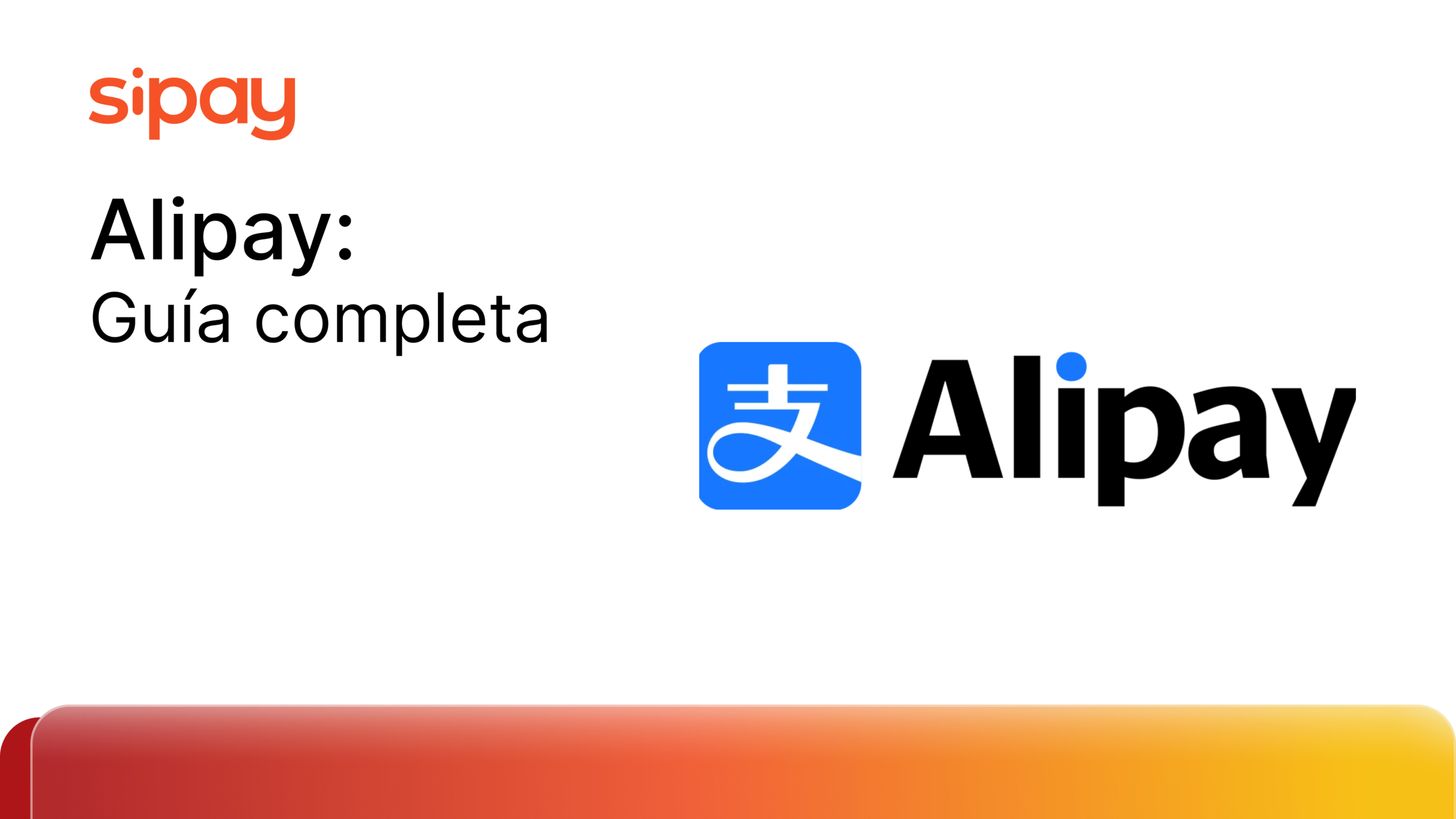Payment gateways have become loyal travel companions for merchants throughout the entire checkout process, allowing not only to make payments, but also to add value to the business.
Behind a purchase there is a whole world full of phases and agents involved in the process. Therefore, it is important to know what role the payment gateway plays in all this and some of the functionalities and advantages that can add value to commerce.
Some of the main players involved in this process are the payment gateway, the processing entities, the acquiring bank, the card schemes and the issuing bank. However, this article will focus on the value that a payment gateway brings to merchants, as well as its main products and value-added functionalities.
Payment Gateway
Payment service provider that provides solutions for both physical and online commerce, allowing to process transactions carried out between buyers and merchants. Choosing the payment gateway that best suits the needs of the merchant will be vital in achieving an improved customer experience.
It should be noted that the services that a payment gateway can offer go far beyond simply enabling the processing of transactions. The most common value-added functionalities include:
Multiple payment methods: offering users different payment methods such as Bizum, PayPal, WeChat Pay or Alipay when paying for their purchases is a competitive advantage for retailers, as it will reduce friction in the payment process, increase conversion and, therefore, improve the customer experience.
Acquiring service: some payment service providers allow the acceptance and settlement of payments made to the merchant. This is an essential service for any business and, until relatively recently, was mainly offered by banks.
Access to valuable trade information: understanding customer buying behavior means having access to a wealth of information. This can help retailers to detect behavioral patterns that allow them to analyze business opportunities and improve strategic decision making.
Possibility of establishing recurring payments: Recurring payments have become one of this year’s trends. They are already applied in many sectors, for example, when paying a periodic fee that allows access to unlimited online audiovisual content, or with the emergence of new subscription-based fashion brands, whose business model is based on the monthly shipment of a selection of garments for a fixed monthly fee. Undoubtedly, subscronomics has become the new way of shopping and innovating and is expected to move around 480 million dollars worldwide by 2025. Therefore, having a payment gateway that facilitates the creation of this type of plans will help commerce to adapt to the new consumer trends of the moment.
The following are the main advantages of having a payment gateway with global and integrated services: Para más información: Departamento de Comunicación 91 484 10 28 l comunicacion@sipay.es
- • Increase in the average ticket: offering a wide variety of payment methods, as well as giving the end customer the possibility of deferring purchases, are aspects that become important when choosing a payment gateway. This can have a positive impact on an increase in the average ticket, since, if the consumer has certain purchasing facilities that allow him to choose his preferred payment method or to defer payment, this can be reflected in an increase in the average ticket.
- • Customer growth and loyalty: allowing the integration of merchants’ loyalty programs in the collection systems to be able to apply benefits or discounts in operations is undoubtedly something that merchants value very positively. In this way, the user will be able to make use of his benefits or discounts in any of the merchant’s sales channels and the merchant will have a unified system for managing his loyalty programs.
- • Maximum security in transactions: some gateways have digital solutions that comply with the highest security standards established by the payment industry, such as PCI DSS or 3DSecure, thus increasing the trust that customers place in the merchant. In addition, letting the user know that the processing of their personal data is secure and complies with the provisions of the General Data Protection Regulation makes them feel more comfortable and confident when entering their data and throughout the checkout process.
- • Easy integration: integrating the payment gateway in the merchant must be as easy and fast as possible, so that the merchant can start selling as soon as possible. Plugins for the main CMSs on the market and integration via API to customize the payment process to the maximum, can facilitate the integration of the payment gateway in the merchant, all without the need for extensive programming knowledge and without having to carry out extensive development.
From Sipay, a gateway specialized in omnichannel payment solutions, they emphasize the importance of knowing how to choose the payment gateway that best suits the business model of the merchant, so that it can provide value beyond allowing the collection of their transactions. Going a step beyond what is expected from a payment gateway and contributing to an improved customer experience will be decisive when choosing which one is most appropriate for a business.



